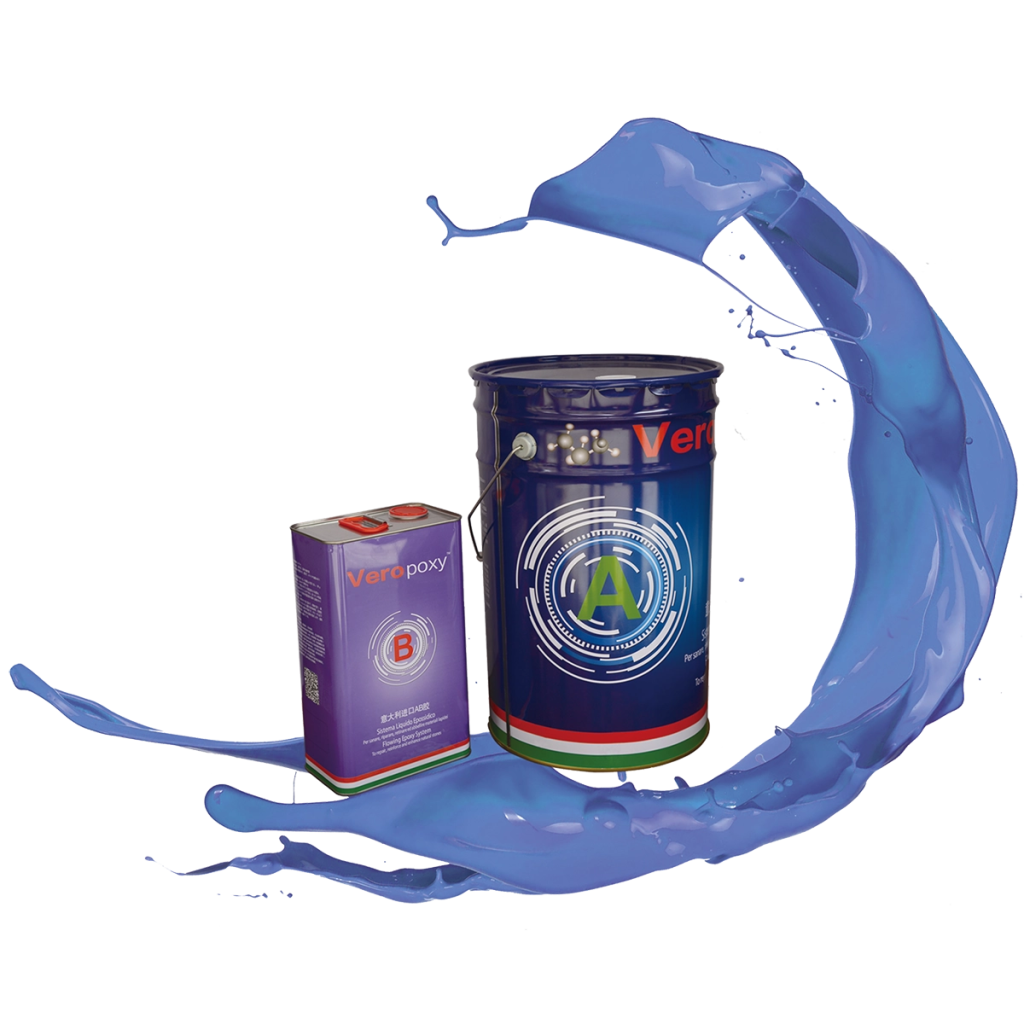Marble has been a symbol of elegance and luxury for centuries. Countertops, flooring, and decorative surfaces all find it appealing because of its natural beauty—unique patterns and complex veining. Maintaining Marble’s perfect condition is difficult, though; it is porous, stain prone, and easily damaged. Marble must be protected, thus the main question is: which of Epoxy Resin for Marble or conventional sealers is better? Though they function in rather different ways, each has certain strengths. Let’s examine the special benefits and drawbacks of every and determine which one offers the best defence for your valuable marble surfaces.

Epoxy Resin
Introduction to Epoxy Resin for Marble and Traditional Sealers
Modern answer with strength, durability, and a sleek finish is Epoxy Resin for Marble. Resin and hardener make up Epoxy, a two-part system that, mixed together forms a strong, protective layer on the surface of the marble. Forming a glossy, hard coating, epoxy resin seals the marble and provides additional layer of protection against physical damage.
Conversely, classic marble sealers are usually composed of several materials, such synthetic polymers or waxes, meant to close in the natural pores of marble. Unlike Epoxy Resin for Marble, these sealers pass through the surface and create a thin protective layer that stops staining without appreciably altering the marble’s look.
How Epoxy Resin for Marble Works
Epoxy Resin for Marble performs more than just sealing; it serves as a shield. Applied, epoxy resin results in a thick, glossy coating tightly bonded to the surface of the marble. This covering not only improves the marble’s appearance and polishes it but also guards against stains, scratches, even minor impact damage. The hard surface is also quite water-resistant, which helps to preserve the marble in places like kitchens and bathrooms where moisture is rather common.
Epoxy Resin repairs and strengthens marble as well. Applying epoxy, for instance, can fill and mix a small chip or crack, so reducing their visibility. Epoxy resin’s special characteristic makes it perfect for highly used marble surfaces.
How Traditional Sealers Work on Marble
Simple and efficient in their basic level of protection, traditional marble sealers are made Usually penetrating the surface of the marble, these sealers fill in minute pores to form a water-resistant barrier. For those who like a more natural, matte look, traditional sealers are perfect since they do not change the appearance of the marble unlike Epoxy Resin for Marble.
Although conventional sealers help stop liquids and oils from staining marble, their degree of hardness or durability is not as great as that of epoxy resin. These sealers have to be reapplied over time since regular cleaning and environmental exposure weakens their protection.
Pros and Cons of Epoxy Resin for Marble
Pros:
Epoxy Resin for Marble provides a hard, durable layer far tougher than standard sealers. For busy areas, this makes it perfect.
Epoxy resin’s non-porous surface efficiently resists water and stains, so making it appropriate for kitchens, bathrooms, and even outdoor uses.
Epoxy resin gives a glossy, smooth finish that accentuates the colour and veining of the marble, so adding depth and grace to its look.
Unlike conventional sealers that might require annual maintenance, epoxy resin is quite long-lasting and only needs reapplied after several years of use.
Cons:
Cost and Application Complexity: Epoxy Resin for Marble is more costly than other sealers and calls both accuracy and patience.
Though many people find the glossy finish appealing, those who want a matte or natural look for their marble might not be suited for it.
Once cured, epoxy resin is difficult to remove, thus one should give long-term commitment great thought.
Pros and Cons of Traditional Marble Sealers
Pros:
Generally simpler and more reasonably priced than Epoxy Resin for Marble, traditional sealers are also easy to apply.
For those who like a matte or subdued finish, traditional sealers preserve the natural look of marble.
Unlike epoxy, conventional sealers are easily reversible—you can remove or reapply them without permanently changing the marble.
Cons:
Traditional sealers usually need to be reapplied more often, which increases over time the expenses and maintenance needs.
Although they help to some extent against stains and water, conventional sealers do not provide the same defence against scratches, impact, or heat that Epoxy Resin for Marble can.
Less Durable in High-Traffic Areas: Conventional sealers might fade rapidly in crowded areas, hence they are less long-term protective.
Which is Better for Your Marble?
The particular needs of your marble surface will ultimately determine which of Epoxy Resin for Marble and conventional sealers you should use. Epoxy resin is probably the best option if you want maximum durability and have a high traffic area—that of a kitchen countertop. It provides long-lasting, high-level defence that keeps your marble free from water, stains, abrasions, and more. Conversely, if you want a natural look and don’t mind periodically reapplying a sealer, a conventional sealer is a less expensive and less intrusive choice that lets the beauty of the marble show through without changing its finish.

If you wish for an ultra-durable, glossy, waterproof solution, Epoxy Resin for Marble is the best one. Traditional sealers remain a good choice for those who lean towards a simple look with less maintenance. Marble’s beauty depends on its protection, thus with the correct decision you can enjoy this classic material in all its splendour for years to come.
Post time: 11 月-08-2024

